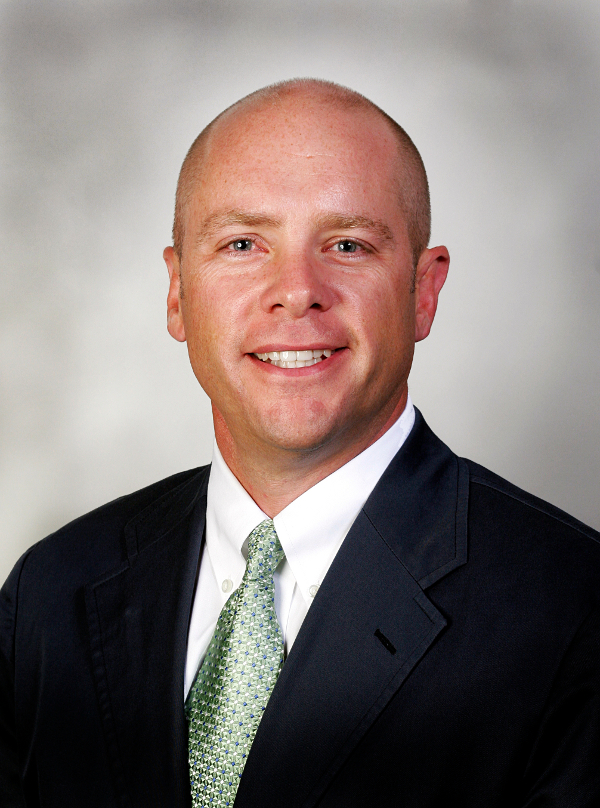Mike Browder, executive vice president and CFO of Brentwood, Tenn.-based RegionalCare Hospital Partners, knows the importance of communication when it comes to making a deal. He also knows how to successfully tap the debt markets for financing.
Prior to joining RegionalCare Hospital Partners, one of the largest for-profit hospital operators in the nation, Mr. Browder was president and CEO of Essent 
Mr. Browder started his career in the Atlanta office of Ernst & Young. A certified public accountant, Mr. Browder is a member of Financial Executives Institute and an advanced member of the Healthcare Financial Management Association. He has been a guest speaker at many industry conferences and is a member of the Nashville Sports Council board of directors.
Question: What are some of the best practices for running the finance team of a hospital or health system?
Mike Browder: For me it's really rooting out variability within the finance function between facilities. Even while our company's intentionally decentralized operating environment allows for a lot of day-to-day latitude for hospital senior execs to execute their strategies, in finance we want each facility to run things the same way. For example, while one market may differ from another in the vendor it uses for EBO, primary and secondary collectors, etc., we want the process and data flow to be the same — accounts are turned over the same time, returned on the same schedule, documented the same to support Medicare bad debt qualification, etc. As it relates to this objective, my idea of success is if one of our hospital CFOs moves to a sister facility, they know exactly how to manage their team from day one.
Q: What is the greatest challenge facing hospital and health system CFOs today?
MB: From a longer viewpoint, I think building the appropriate capital structure is a real challenge; much harder than in the 80s and 90s. Flat or declining volumes over the last few years, public policy initiatives and evolving payment schemes make forecasting future cash flows and capital structure/financing options a much tougher call for CFOs. Also, capital allocation decisions on a near-term basis is a much bigger challenge today than in years past. We are constantly asking ourselves questions like "What's highest and best use for free cash? Investment in existing facilities? Complimentary M&A in existing markets? Invest in new markets? Pay down debt?" The current operating environment adds to the challenge in making these decisions.
Q: In the last year, what has been your greatest accomplishment as CFO?
MB: We successfully tapped the debt markets for two very important financings in 2014. The first was a top-of-the-house $565 million re-finance to take advantage of a strong debt market to accomplish several objectives including expanding our lendor base, lowering interest rates, improved several key structural issues, etc. The second was the financing of our newest acquisition. In this post Dodd-Frank world the rules are very different and impactful to companies like ours who are younger and earlier in their growth trajectory. In essence, we raised over $60 million of new debt on our own without an investment bank due to new lending rules.
Q: From a financial standpoint, what goes into preparing for joint ventures?
MB: Communication, communication, communication. Don't assume any of the other parties understand all of the provisions of the legal documents or important specific aspects of the deal. Whether it's definitions such as "distributable cash," implied new board requirements, or deal closing mechanics, partner CFOs must be in lock step to ensure initial and ongoing success of the JV.
Q: What is one goal you have for the next year and how will you achieve it?
MB: I'm looking to make certain changes to assist our operators in their growth objectives. Most people don't think of finance as a partner in increasing market share and growing volumes. Things like revenue cycle process changes and training to improve patient satisfaction scores, patient friendly billing and smarter retail pricing can all contribute to the communities perception of the hospital and contribute to patient preference and growth. While my team may lead several of these initiatives we can't do it alone and will work very closely with our operators and facility leaders in a collaborative approach.

